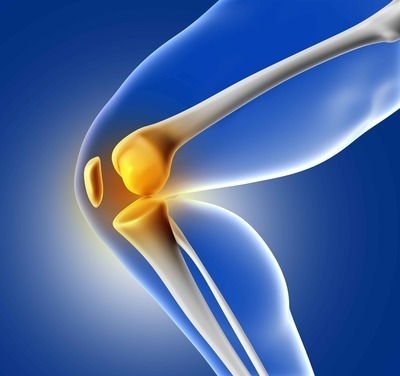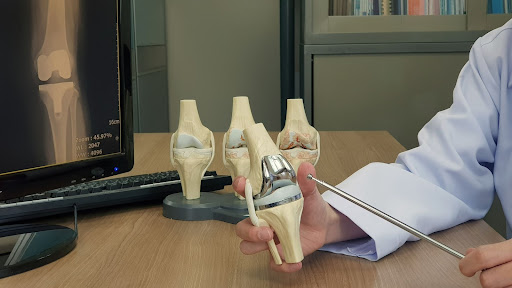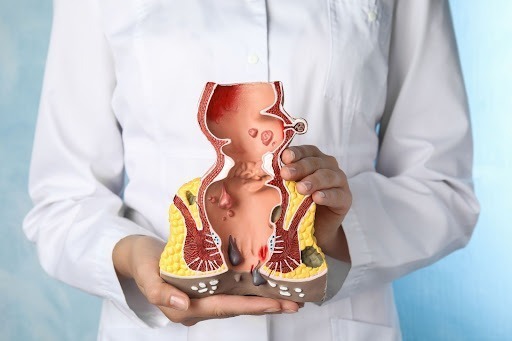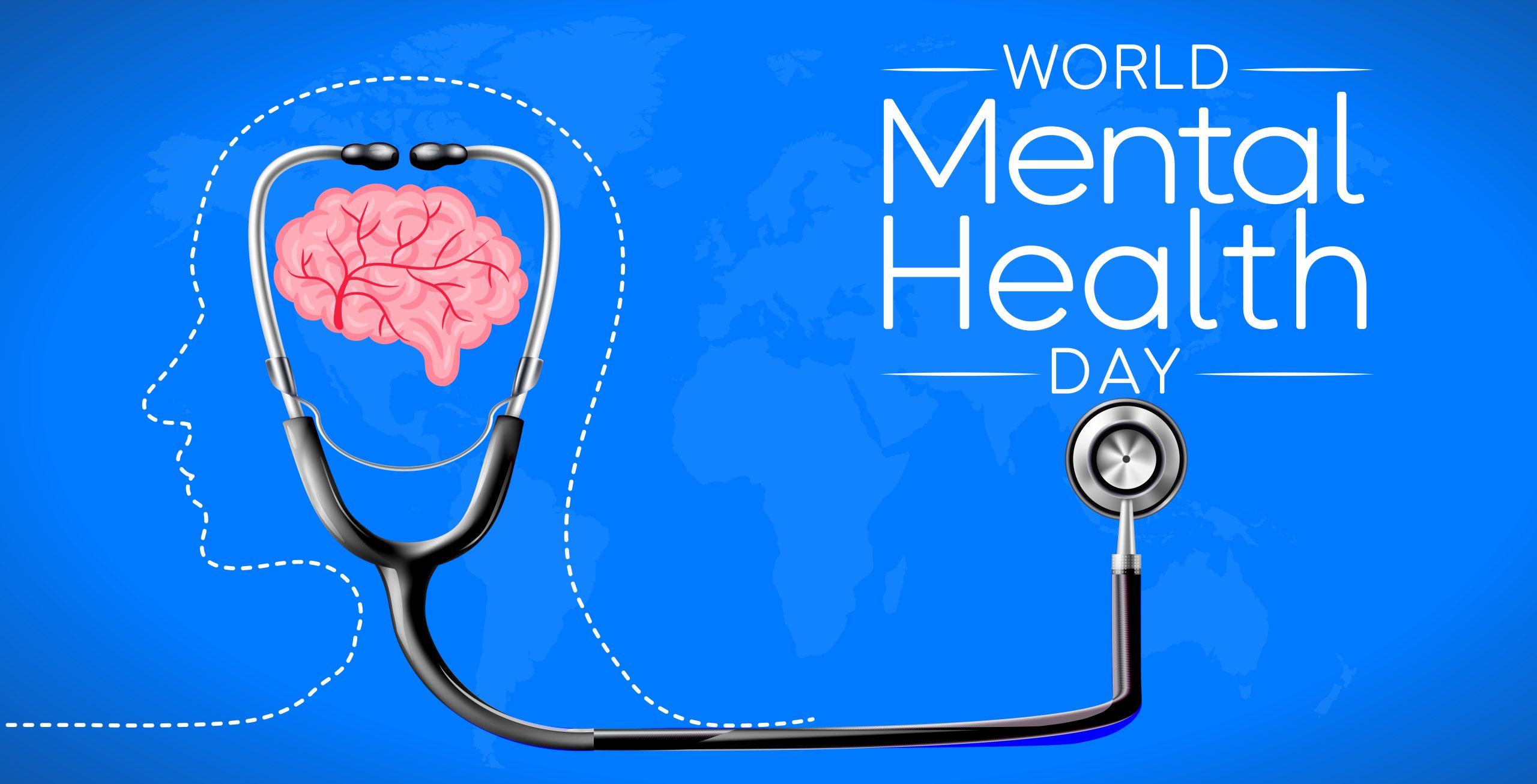Benign Prostatic Hyperplasia
Benign Prostatic Hyperplasia (BPH): Symptoms and Causes

by admin
17th September 2019
4 minutes read
Benign Prostatic Hyperplasia (BPH) is the medical term for Prostate Enlargement. BPH is a condition of the growth of size of the prostate gland. By hearing the word ‘grows in size’, you might think it is cancerous. No need to worry because as the name suggests, it is benign or a noncancerous growth.
Prostate gland is present below your bladder. Urethra (the tube transporting urine from urinary bladder) passes through the prostate. People with BPH will have problem starting to urinate. This is because an Enlarged Prostate might constrict the urethra and hence block the flow of urine.
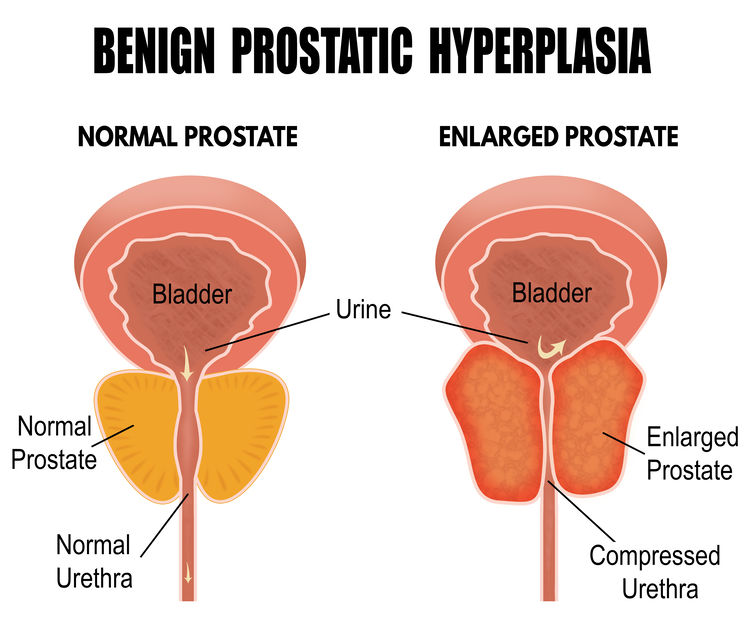
Benign prostatic hyperplasia, vector illustration (for basic medical education, for clinics & Schools)
What causes Benign Prostatic Hyperplasia (BPH)?
Doctors are not sure of the causes behind Prostate Enlargement, but they think there are some factors causing BPH. These factors are Hormones, Diet and Degeneration. Other factors include Obesity and Hereditary.
1. Hormones
BPH is common among older men and it doesn’t develop among the men with testicles removed before puberty. Therefore, researchers believe that ageing and testicles are factors which causes BPH.
Men produce testosterone, a male hormone and a small amount of estrogen which is primarily a female hormone. The levels of testosterone in the blood decreases as the men age, as a result, it leaves behind a higher proportion of female hormone. This higher proportion of estrogen in the prostate increases the activity of substances that promote growth of Prostate Cell.
Dihydrotestosterone (DHT) is a male hormone which promotes the growth and development of prostate. Some studies indicate that even if the testosterone levels drop in blood, men who are older continue to produce DHT. As a result, DHT gets accumulated in prostates at high levels. This may encourage prostate cells to grow. It is also observed that men who do not produce DHT do not develop BPH.
Also Read: Kidney Stones
2. Diet
Although scientists are not clear, some studies indicate that higher protein intake may increase the risk of developing BPH.
3.Degeneration
According to Misrepair-accumulation ageing theory, BPH occurs when collagen fibres replace myofibres. When collagen fibers replace too many myofibres they restrict the contraction and dilation and hence more myofibres are damaged. Again more collages fibres replace these myofibrs. This cycle can go on and lead to BPH.
4. Obesity and Hereditary
It is found that the people who are obese have higher chances of getting BPH. If someone has BPH then there is a high chance that his siblings might get BPH.
What are the Signs and Symptoms of BPH?
Usually, the size of prostate doesn’t usually co-relate to severity of symptoms. Men who have slightly enlarged Prostate might have significant symptoms whereas men with significant enlargement of prostate might show only minor symptoms. If you notice any signs and symptoms of BPH, it is advisable to consult a doctor.
BPH is the most common cause for Lower Urinary Tract Symptoms (LUTS). Hence you might see people with BPH with LUTS. Some of the other symptoms that men might experience are
- Urgency- feel of a strong need to urinate
- Increase in frequency of urination
- Nocturia- waking up in the night very often to urinate
- Difficulty in starting urination
- Inability to completely empty your urine bladder
- Incontinence
We at Medfin , the Surgery expert team, offer you access to the latest and most advanced treatment for elective surgeries at the most affordable costs. Our Personal Medfin assistants answer all your concerns related to surgery and ensure that your needs are met in your entire medical journey.
To consult an expert Medfin surgeon near you, please call us on 7026200200. You can also WhatsApp us on 7406557599 (click here to initiate a whatsapp chat).
CATEGORIES
- ACL Reconstruction
- Anal Fissures
- Anal Fistula
- Appendicitis
- ASK A DOCTOR
- Benign Prostatic Hyperplasia
- Breast Lump Excision
- Cataract
- Circumcision
- Conditions & Diseases
- Cosmetology
- Covid-19
- Cure
- Endocrinology
- ENGLISH VIDEOS
- Eye Care
- Gallstones
- General Surgeries
- Government Schemes
- Gynaecology
- Gynecomastia
- Health
- Health Insurance
- Hernia
- Hindi
- Hip Arthoscopy
- Hip Replacement
- Hip Replacement Surgery
- Hydrocele
- Kannada
- Kidney Stones
- Knee Arthroscopic
- Laparoscopic
- LASER
- Latest Treatments
- Lifestyle
- Liposuction
- Medfin Stories
- Medicine
- Nephrology
- Ophthalmology
- Orthopaedic
- Paraphimosis
- Patient Testimonials
- PCL Reconstruction
- Phimosis
- Piles (Hemorrhoids)
- Pilonidal Sinus
- Proctology
- Prostate Artery Embolization
- Rhinoplasty
- Second Opinion
- Total Knee Replacement
- Urology
- Uterine Artery Embolization
- Uterine Fibroids
- Varicocele
- Varicose Veins
- Vascular
- VIDEOS


